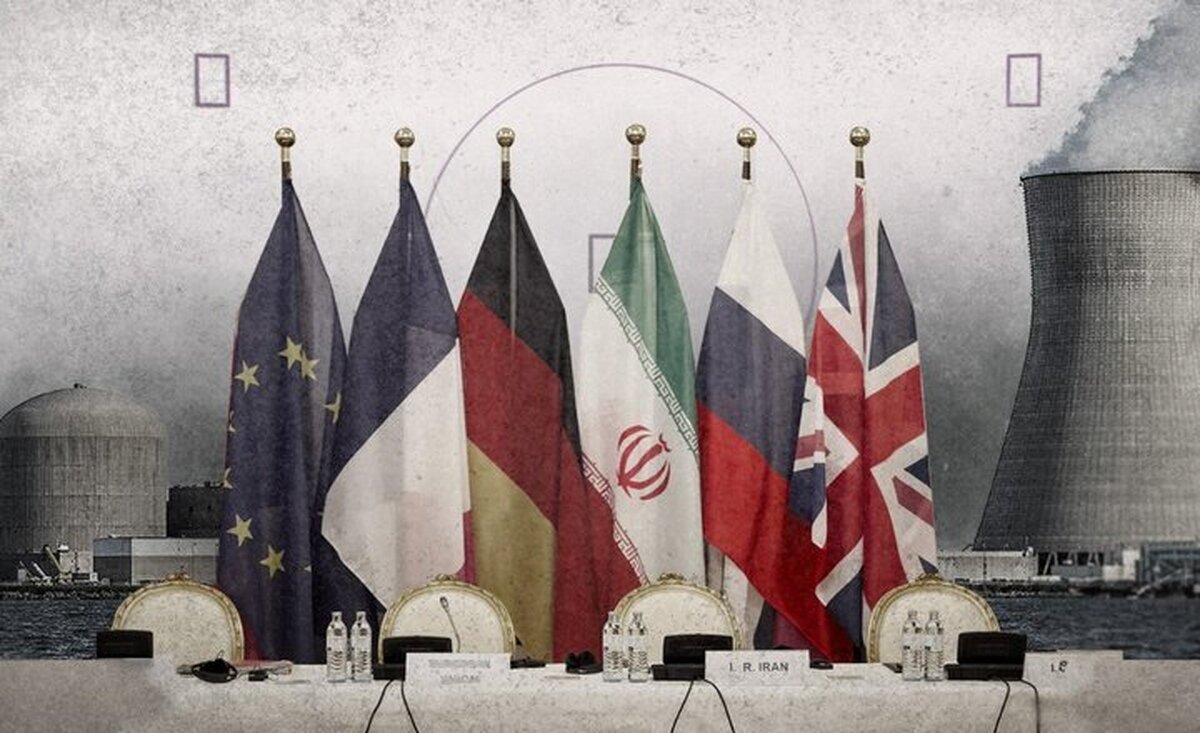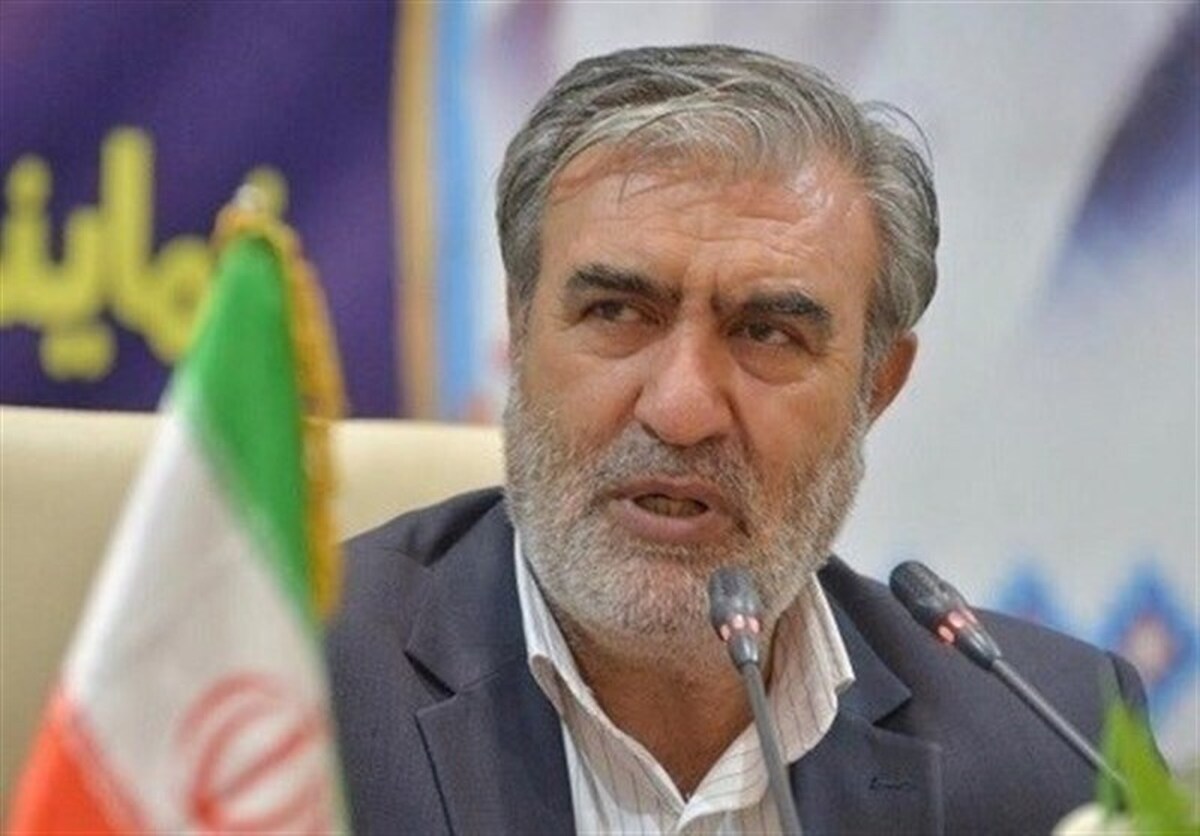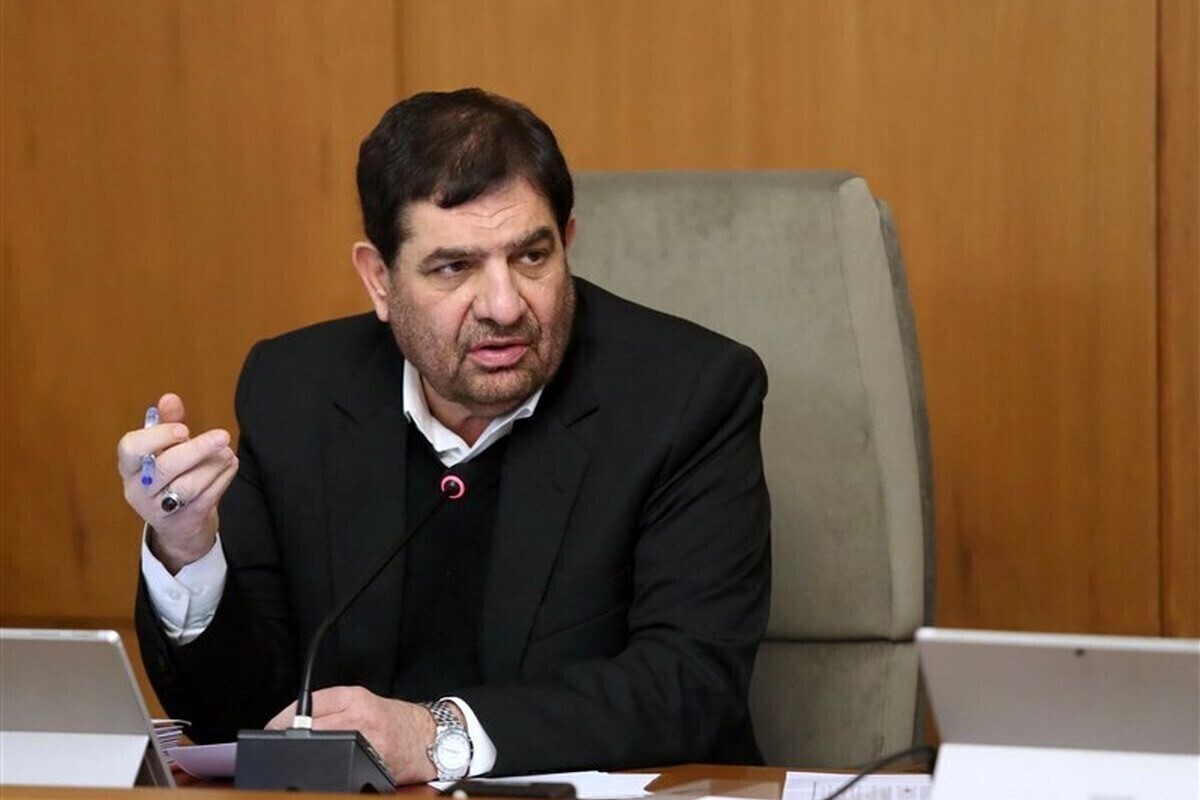
Need to Avoid Dispute With US Over Sanctions Snapback
EghtesadOnline: Iran needs to refrain from engaging in a dispute with the United States over the sanctions snapback mechanism and should instead focus on securing its rights under the 2015 nuclear deal, an international law expert says.
"We should not get involved in arguments about other parties' interpretations of JCPOA [the official name of the nuclear accord—Joint Comprehensive Plan of Action—that Iran signed with six world powers in 2015], or our performance. We should only concentrate on our national interests and our rights under the agreement and seek to defend them, rather than entering into legal disputes brought up by the United States or European members of the agreement," Yousef Molaei told the Iranian Diplomacy website in a recent interview.
AP reported in mid-December that some Republicans in Washington are still pushing to dismantle remaining elements of JCPOA more than a year after the US withdrew.
According to the report, the US State Department legal opinion will be used by Republican Senator Ted Cruz and others in the coming weeks to argue that Washington can still demand the restoration of UN sanctions, Financial Tribune reported.
Snapback would mean the reimposition of all UN sanctions against Iran, including an arms embargo and travel bans on specific Iranian officials, that are due to expire in October 2020.
Under Security Council Resolution 2231, any "participant state" in the agreement may invoke the snapback if Iran is found to be in "significant non-performance" with the agreement.
Tehran has begun to scale back its nuclear commitments in phases in response to sweeping US sanctions—which are intended to end Iran's international sales of crude oil—and Europe's inaction to ensure Iran receives the benefits promised by JCPOA.
Although US President Donald Trump pulled his country out of the nuclear deal last year, the resolution names countries that originally negotiated it: Britain, China, France, Germany, Russia, the US and the European Union, along with Iran.
The deal’s supporters have argued that Trump's withdrawal means the US is no longer a participant and is thus ineligible to invoke the snapback mechanism. Critics of the accord maintain the language of the Security Council resolution would allow it.
Varying Interpretations
Molaei, a researcher and university professor, said the nuclear deal is not a "flawless legal document" and is therefore subject to different interpretations.
"The agreement was concluded in a confidence-building atmosphere and was meant to resolve a sensitive issue. So the negotiation process was based on trust and JCPOA's legal articles should be interpreted within the context of when it was signed," he said.
Now that trust between signatories to the deal has been undermined and political tensions over Iran's nuclear activities have escalated, varying and conflicting interpretations of the text of the agreement are being offered, he added.
The international law expert noted that if the criticism is based on the requirements of that time, everything would seem correct and logical.
He said Iran should definitely defend its rights under the nuclear agreement but should avoid trying to dismiss US claims about the sanctions snapback option because it is the Americans who should be working hard to support their claims.
"In fact, Washington does not and cannot have the upper hand and Iran has the upper hand because Trump officially pulled the plug on the JCPOA in May 2018 and lost all its rights under the accord. So it is no longer considered a participant of the deal," Molaei concluded.




